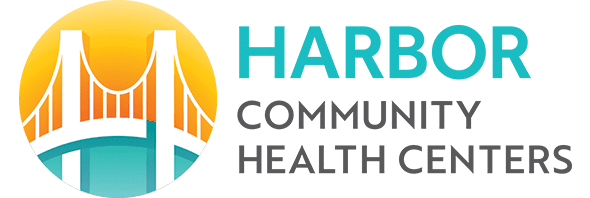
Addiction Recovery: 5 Ways to Prevent Relapse

Breaking the cycle of addiction isn’t easy, but with prompt, appropriate medical care, you can take back control of your life, health, and future — the next step: Avoiding relapse.
Addiction is a chronic disorder, and as with any chronic medical problem, once you recover, you need to do all you can to prevent that problem from recurring. That’s why some people say that after an addiction, you’re always in recovery — because you’re always focused on what you need to do to stay healthy. That’s not a bad thing — but you can benefit from some support and special skills to avoid relapse.
With multiple locations in San Pedro, California, Harbor Community Health Centers helps patients overcome addiction and prevent relapse with various treatments and support services, including medication-assisted treatment, behavioral therapy, and psychotherapy. Here are five ways to help yourself steer clear of relapse during your recovery.
1. Know your personal triggers
A trigger is an event or circumstance that increases your risk of relapsing. Everyone has unique triggers, and identifying those triggers is an essential part of avoiding relapse. Some relatively common triggers include:
- Specific people, including relatives, friends, coworkers, or past acquaintances
- Locations that trigger stressful memories
- Locations associated with substance abuse
- Locations or people associated with your past substance abuse habit
- Sight or sounds that remind you of the substance
- Feeling stressed out
- Feeling bored or underappreciated
- Feelings of guilt or inadequacy
- Past traumas
- Peer pressure
- Major life change, like a new job or moving
While some triggers may be obvious to you, others are harder to pin down, making it difficult to avoid them. Psychotherapy and behavioral therapy can help you identify your triggers and learn safe, healthy ways to manage them, in addition to learning how to avoid them in the first place.
2. Be active in your recovery
Recovery doesn't happen on its own. You need to remain engaged with your care provider, your community, and your own thoughts and emotions to stay the course. Regular visits with your doctor, therapist, and other providers engaged in your care are essential for ensuring your recovery plan adjusts as your needs evolve over time.
Being active also means asking for support when you need it. That support could come from friends and family members who understand addiction and recovery and respect the journey you’re on. Or it could come from a support group, therapist, or a member of our team.
3. Make health a priority
Relapse is more likely when you feel overwhelmed by stress or fatigue or have other unhealthy habits, like poor diet or a sedentary lifestyle. By making your health a priority, you improve how you feel physically and emotionally.
That means getting plenty of sleep, eating healthy foods, managing your weight, and getting regular exercise doing activities you enjoy. Living a healthy lifestyle is a process that takes real commitment. But if you’ve already broken the cycle of addiction, you know you have the power and strength to maintain those healthy choices that can help prevent relapse.
4. Learn how to manage stress
Stress is a major risk factor for relapse, and unfortunately, feeling stressed out is really common. Not only does stress take a negative toll on your health (and your life) overall, but it can also tempt you to turn to drugs or alcohol to feel better.
Learning simple ways to manage stress can help, especially when you make them part of your routine. Even if you aren’t feeling stressed out, many stress-reduction techniques can help you relax, allowing your body to release feel-good chemicals to keep you from relapsing. Check out these tips from the CDC and incorporate these easy breathing techniques into your daily routine.
5. Recognize the early signs of relapse
If you find yourself getting stressed out or anxious, or if you are developing a craving to return to your “old” habits, consider it an early warning signal and seek support immediately.
Double down on your efforts to stay healthy by getting plenty of rest, managing stress, and focusing on a healthy diet and regular exercise. Talk to your support network and let your care team know, too. The sooner you take action, the better you’ll be able to ward off temptation and focus on your healthy future.
Learn how we can help
Addiction is a medical problem that requires medical assistance to overcome. Recovery is similar — you need support and lots of self-care to stay the course. To learn how our team can help, call 310-547-0202 to book an appointment with the team at Harbor Community Health Centers today.
You Might Also Enjoy...


I Think I Have an Alcohol Use Disorder: Can You Help?

I've Been Diagnosed with High-Risk HPV: Now What?

Three Top Wellness Tips for Navigating a Busy Holiday Season

Does Everyone Who Has Type 2 Diabetes Eventually Need Insulin?


